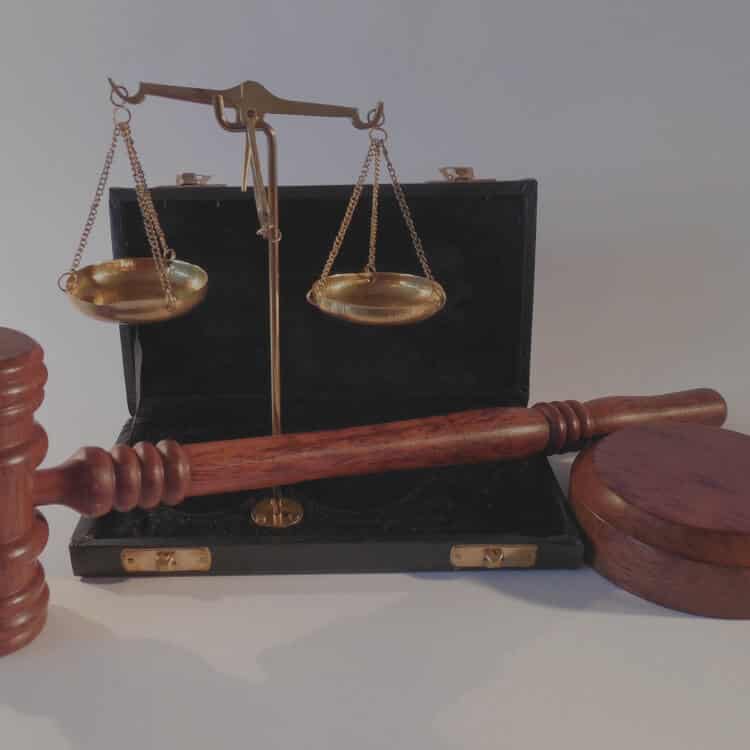Chris is the Partnerships Manager at Lawpath. He holds a Bachelor of Business and Bachelor of Laws from the University of Technology, Sydney and is admitted as a lawyer in New South Wales.
Often cases of defamation typically relate to someone who feels they have been defamed by another person’s comments. Rebel Wilson’s record payout in 2017 is one of the more notable cases. The basic premise of defamation is that the remarks of one person are seen to negatively impact the reputation of someone else. The persons remarks need to be false and they have to communicate them to another party.
Legislation
The Defamation Act 2005 (Cth) is the guiding authority on defamation in Australia and replaces the existing laws. This legislation unifies the states to create a set of provisions that apply nation wide. Common law governs the definition of defamation, with the aim to protect personal reputations whilst maintaining the principle of free speech. The test for defining defamation is generally a reflection of community standards at the time.
Company Defamation
The law also addresses cases where individuals defame companies. However, the introduction of the Defamation Act brings with it a change in how company cases are dealt with. Prior to the Act, any company could sue someone for damages due to defamation of its reputation and goodwill (with the exception of those in NSW). Section 9 of the Act no longer allows for this to occur. Rather a group of “excluded corporations” are the only ones who can legally sue. In order to classify as an excluded corporation your company must meet the following conditions.
- Corporation employs less than 10 people
- Doesn’t relate to another corporation
- Is not a public body
Implications
There has been some uncertainty surrounding these conditions, in particular the definition of employees in this context. The case of Born Brands v Nine Network Australia confuses the provision in two seperate rulings. The initial trial judge interprets the provision by counting all persons whose services the company use. Factors relating to whether they were unpaid volunteers for example, are not relevant. However, the court of appeal in this case says that the trial judge’s view was wrong and not correct to follow. They rather see it to be persons who have a contract of employment with the company.
Despite this doubt if you feel your company falls within the excluded corporation criteria, you can proceed with a defamation claim. The onus will fall upon the person you are accusing to prove they did not defame you. If you are on either end of proceedings, it may be useful to seek the advice of a defamation lawyer on your best options moving forward.
Still unsure? Contact a LawPath consultant on 1800 529 728 to learn more about customising legal documents, obtaining a fixed-fee quote from our network of 1000+ expert lawyers or to get answers to your legal questions.






